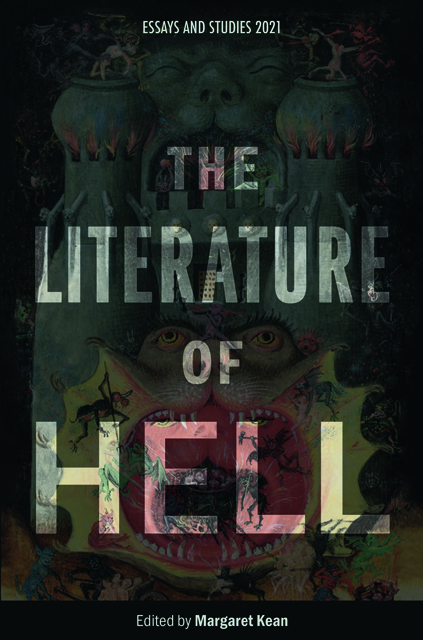Samuel Beckett’s Not I
Published online by Cambridge University Press: 14 January 2023
Summary
The actor Lisa Dwan has won international acclaim for her dramatisation of Samuel Beckett’s late works. She first performed Not I in 2005 at the Battersea Arts Centre, London. In 2013, she produced and began to tour a solo show, The Beckett Trilogy, which brought together three Beckett pieces: Not I (1972), Footfalls (1976), and Rockaby (1981). In Not I, a spotlit disembodied mouth appears to float high above the otherwise darkened stage, firing out a jarringly discontinuous monologue. Footfalls shows May, pacing back and forth outside what we take to be her dying mother’s room, in dialogue with a voice we cannot see. Rockaby features a solitary aging woman sat, fading, in a wooden rocking chair while the pre-recorded voice of the actor speaks of her past and the rocking chair rocks of its own accord.
MK You are recognised internationally for your performances of Samuel Beckett’s tortured voices, in particular the monologue Not I, and your one-woman show The Beckett Trilogy (Royal Court, 2014), where you brought together Not I, Footfalls, and Rockaby. How did this specialism come about?
LD The very first Beckett piece I encountered was on TV, when I was twelve. I came into the living room and saw this haunted man’s face as he walks into a room, shuts the door, closes the curtains, sits on the bed, and hears a voice, relentless, viper-like, speaking to him of death, guilt, and pain. The voice seems to be coming from behind his eyes; he keeps trying to shut them to shut out the sound but cannot [Eh Joe, 1966, where a lonely man is taunted by the voice of a women he knew]. Years later, I remember a fellow actor describing to me Not I, where the actor’s head is tied in place but the mouth appears to roam or oscillate across the auditorium creating an optical illusion to accompany monologue which is both very difficult to memorise and bruisingly hard to endure as a listener. It was only in 2005, with an audition for Not I unexpectedly scheduled for the following day at Battersea Arts Centre, that I sat down alone to read the script.
- Type
- Chapter
- Information
- The Literature of Hell , pp. 125 - 130Publisher: Boydell & BrewerPrint publication year: 2021



